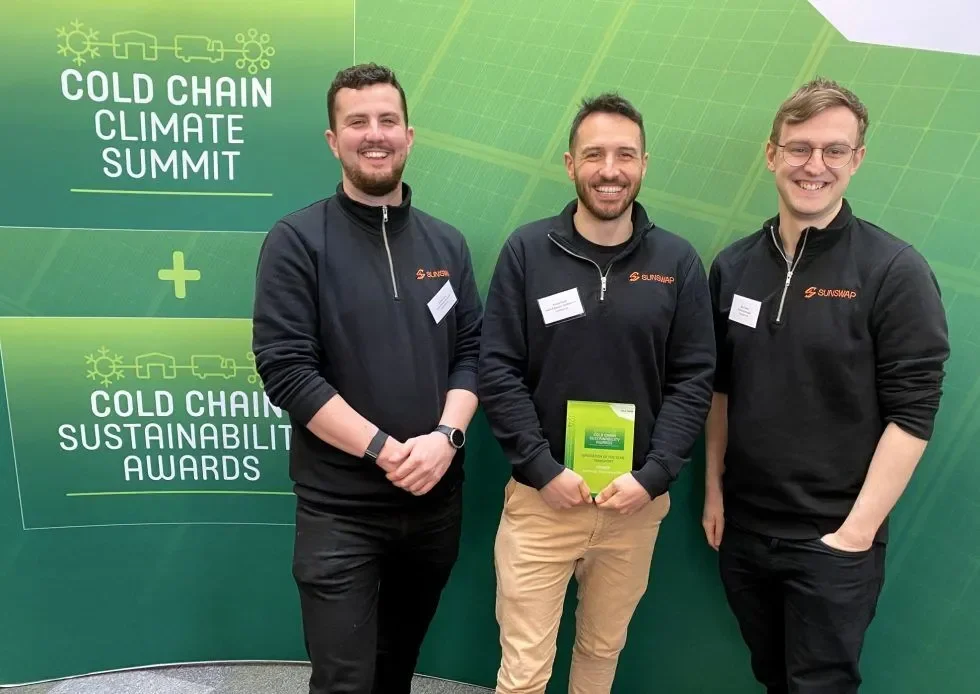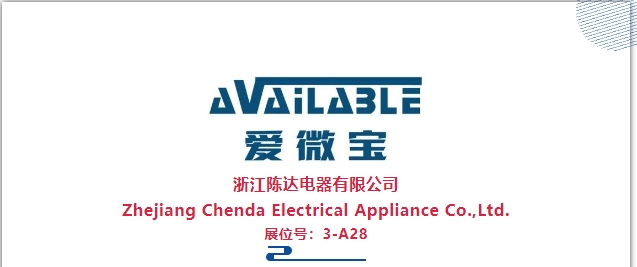An analysis of the legal implementation and enforcement of the European F-gas regulation has revealed big differences across EU member states.

A study of 12 EU member states (Austria, Bulgaria, Croatia, France, Germany, Greece, Hungary, Italy, Netherlands, Poland, Slovakia, UK) performed by the international law firm CMS on behalf of refrigerant producers group EFCTC is said to have revealed big differences in implementation, ranging from some countries having detailed criminal or civil regulations to others that have not yet fully implemented the 2014 regulation.
“Our study has shown big discrepancies in the way member states are currently handling enforcement of the F-gas regulation against illegal smuggling of HFCs,” said Dr Nick Campbell, chairman of EFCTC.
While declining to go into details for fear of alerting HFC smugglers to the countries that are failing to enforce the regulation, Campbell said: “We will be approaching some member states individually to discuss constructively their enforcement strategy to accomplish our common goal. At the same time, we will share the results of the study with the Commission, so they have a more complete picture of the differences.”
The study is also said to show that very few cases against smugglers of HFCs have yet been brought before the courts despite several member states making significant seizures of illegal product.
However, the EFCTC expects this to change in the near future, with many member states stepping up measures to prevent illegal trade at the border, checking against quotas for importation as well as ensuring the containers meet the legal requirement for transport and use in the European Union.
“We trust our findings will encourage member states to implement firm and dissuasive penalties preventing smuggling of HFCs into the European Union,” Campbell added. “We are considering a follow up study of the implementation and enforcement in the other member states not included in this first legal work.”
The EFCTC has become increasingly active in attempts to stop the illegal trade in HFCs, claiming it slows down the move to lower GWP alternatives, increases emissions of high GWP HFCs, causes economic harm to member states through loss of tax revenue and puts legitimate companies at a disadvantage.


























